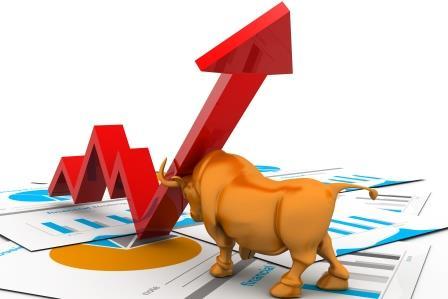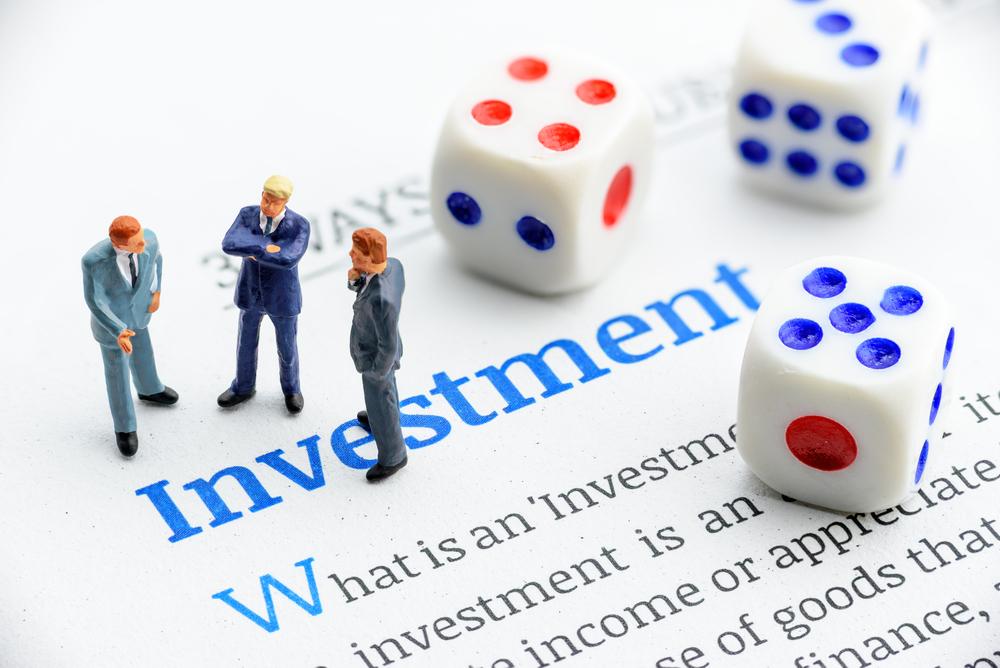
Responding to my previous letter, one client wrote that I am being too general in my analysis, and sought specific and clear advice on what to buy and sell. I wrote back saying that these are exceptionally uncertain times globally and that nobody is in a position to offer concrete advice. Even the greatest and most respected gurus are either extremely careful or silent. The legendary guru Charlie Munger recently wrote:
“Nobody in America has ever seen anything else like this. This thing is different. Everybody talks as if they know what’s going to happen, and nobody knows what’s going to happen… Of course we’re having a recession. The only question is how big it’s going to be and how long it’s going to last. I think we do know that this will pass. But how much damage, and how much recession, and how long it will last, nobody knows.”
Let’s be humble and take this logic forward. What do we know and what we do not know? As of now, we don’t know how long this pandemic will last or whether there would be a second wave. We don’t know the impact of this on the global economy. The fact that there are wide variations in the projections for GDP growth and global trade indicates that these are estimates based on many assumptions. Normal economic forecasting models don’t work during an exceptionally uncertain time like this.
So, the unknowns are many and unnerving. But there are clear knowns too. We know that the recession in 2020 will be very severe. We know from experience that this too shall pass. We also know that there are great companies with excellent track record, which can manage this crisis and come out stronger. We know that some sectors will be less affected than others. Our investment strategy should be based on what we know in the broad context of what we don’t know.
Let me elaborate this point a bit further with some examples. People will continue to brush their teeth, take their bath, consume their medicines, feed babies with baby food…..and so on. It is easy to identify companies in these segments. People might cut back on discretionary consumption, particularly luxury consumption. Increasing work from home means increasing consumption of data benefiting telecom companies. Pharmaceuticals will be a segment, which will see least destruction of demand. This logic can be extended. This can help us identify long-term winners. In the short run the market will be driven by momentum, short covering, bear hammering and news. When the dust settles, good quality companies will come out winners.








What about the Sips? Go on investing despite the fact that the market is showing a steep dip.
I am a new sip investor.My march results show thirty per cent loss in investments.But this time will pass.Within a short period I will recoup my lost portion. Positively. unnidawn